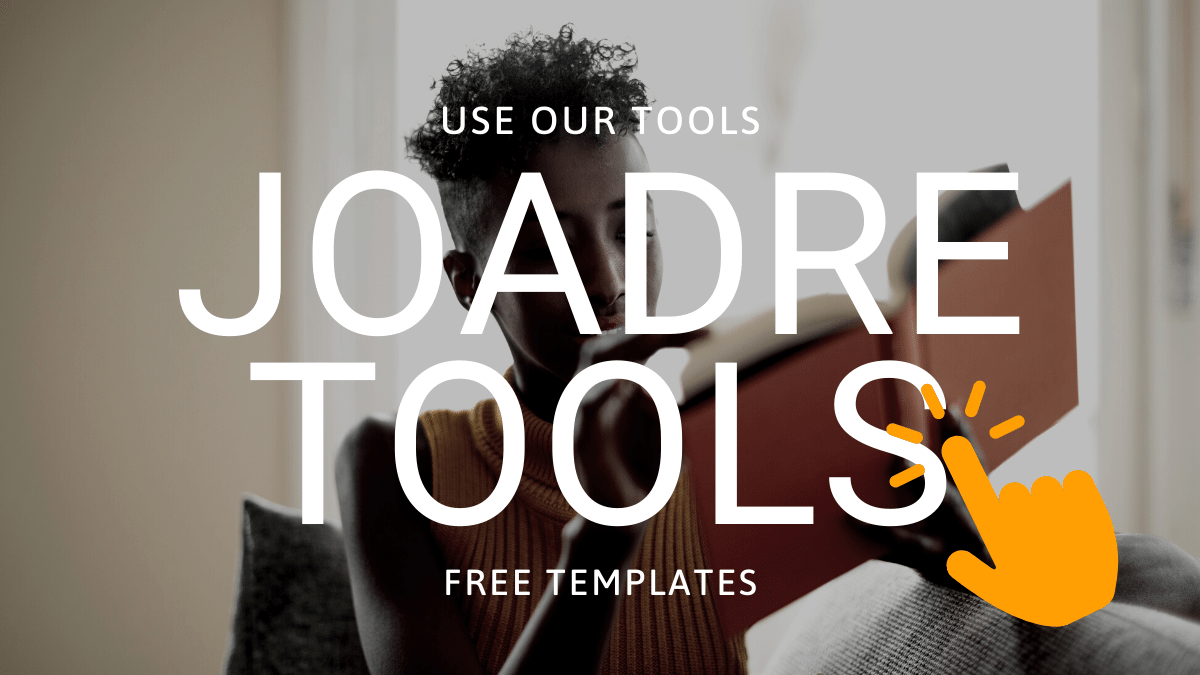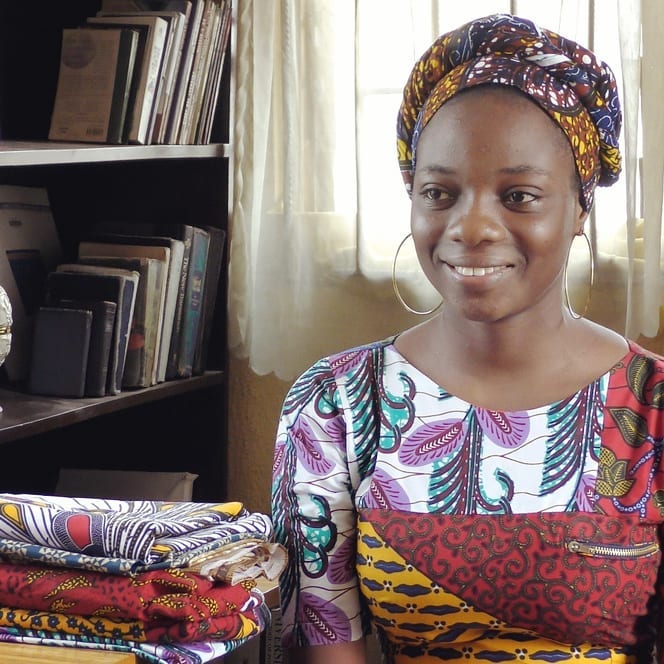In this blog article I want us to deliberate on accountability. Being accountable means acknowledging what your responsibilities are. It does not mean you are responsible for all, as there are things happening outside your control. There is a link between being accountable and responsible. But with responsibility, some things might be external. However with accountability, most things are within your control because they are set of the activities you want to be accountable to. Activities or results you set up for yourself that you ought to take account of.
What does accountability mean?
This is what Wikipedia says about Accountability: In ethics and governance, accountability is answerability, blameworthiness, liability, and the expectation of account-giving. You can watch my recent video about this topic on my YouTube channel or beneath.
I believe accountability is about reflecting on your activities from within. Very often we do not feel accountable to ourselves because we might not have the time or skill to tap into this concept. So if you are such a person, you should find an accountability partner. Someone that you trust and that respects you. Find someone who would not criticize you for the sake of uttering criticism but with a sincere heart with your best interest in mind. Some people choose to use the public space to put out their intentions into the universe and then feel obliged to perform. You should be wise when doing this however.
Craft better results for the future
There are times that you just did not perform because you did not do the activities you needed to do. When you take account from time to time of your progress, you get to see where you need to buckle up and maybe even change your approach. But if you never stop to take account, you will keep moving but maybe not in the right direction. Today, there is the concept of always moving forward as a lineal line and that is considered progress. I strongly believe that we should reflect on the results we are getting, the things we are doing and seeing how we can learn from that past experience or result to craft out a better strategy for the present. This will instantly improve your future performance and result.
Acknowledging is the first step, but be kind to yourself
You have to acknowledge the issues when things go wrong. Self critic is different from self loathing. So hold yourself accountable, but not responsible for the things you cannot influence, but focus on the internal things you can influence. There are lots of factors out there that are external and affect you. But when you begin to tap into the spaces you can influence, you get more of that. You begin to see where you can potentially do better. You can see maybe new ways to do things more progressively. Start that conversation with yourself on everything you do.
How you can achieve daily accountability
If you cannot keep up with the conversation daily, you can hold weekly accountability sessions with yourself. And remember you have to quiet the noise to practice this session. I would write a blog article about how to quiet the noise. Subscribe to my newsletter to know when I release this article. For young people with very few experiences, it is important to maybe reflect after everyday about how you spent your time that day. You might just see the things you do that held you back from your intended results or that helped you get the intended results. Celebrate it when you get what you want.
Parents, you can incorporate this practice into your children’s upbringing by asking the simple question after everyday of what they did that day. It’s as easy as that. The mind gets to register the reflection process and it becomes part of their character.
How to hold accountability conversations with yourself.
- Awareness. Start by asking what happened? This is the first step. It is to acknowledge that there is something you need to address.
- Reflect and contemplate. Own the space, own the issue, own the experience. Be willing to reflect and ponder or contemplate a while on it. You can exercise the practice of journaling to fully reflect on the experience.
- Address it. Now what next? What is the plan? What would you do differently? How would you do it differently? When do you intend to try out this different approach?
3 reasons why is being accountable important?
- Increase your own performance in every aspect of your life that seems lacking. You have to acknowledge the issues when things go wrong. Self critic is different from self loathing.
- Helps you take ownership. Do not hide your delicate pride from the truth. Stop blaming. Take ownership of the solutions that would get those problems solved. You become active, not passive. Take ownership of your business, life, future and lead your business.
- Crafting solutions becomes a character – If you take ownership of your problems, they get solved.
Examples of how you can be accountable:
If you’re not selling. Start the hard conversation about Why. Go the extra mile to look into the product, the technicals, the pitch, your target audience. Do the hard and maybe boring job of scrutinising your model. Sometimes, you might find the answer right in front of you.
If you do not have ideas. Start the conversation of why? Why do you not have ideas? What makes you feel that you have ideas? Your thoughts, why do you not consider the thoughts and feelings you experience as ideas worth the while? Are you simply afraid to face these feelings as ideas because you fear they might not work or you might not be able to execute them? Is it the fear of failure? Is it the fear that you might be the first to venture into it?
If you are not where you want to be with your business. Hold that conversation. Why are you not where you want to be? Where do you want to be with your business?
You can only hold this conversation if you want to. Good intentions with no plan keeps you stock in destructive circles. So I hope you liked this article and it helped you somewhere to begin to integrate the concept of accountability in your life as an entrepreneur. If you want more beautiful articles and strategies to build your business, remember to subscribe to my newsletter.
Cheers,
Joana




